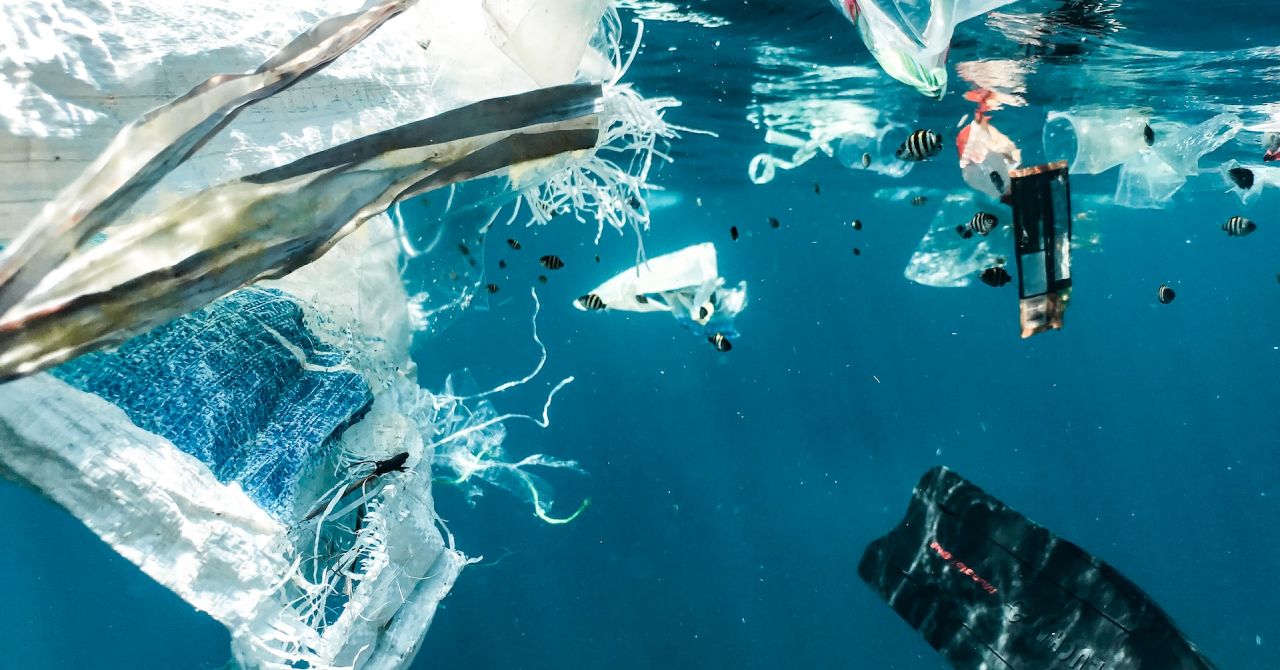Cosmos Magazine writes that this announcement comes as world leaders prepare to participate in the third Intergovernmental Negotiating Committee on Plastic Pollution, which will take place between November 13 and November 19 in Nairobi, the capital of Kenya.
One of the goals of the discussions that are taking place in Kenya is the development of an international instrument that can prevent plastic pollution, including protecting the oceans. Promoting the sustainable production and consumption of plastic-made products is also said to be a priority at the event.
Dr Hans Peter Arp, from the Norwegian University of Science and Technology, said that "the discussions regarding the UN Treaty on Plastic Pollution should focus on lowering the dependence and production of virgin plastic materials, particularly from fossil fuels, and towards zero waste."
At the same time, plastic-removal technologies could be equally as bad for the environment, some researchers argue and they suggest that there is no hard proof as to their benefit for the ecosystems.
Thus, Dr Melanie Bergmann, from the Alfred Wegener Institute in Germany, says that "on the contrary, there is often bycatch mortality associated with these technologies, which becomes a problem if scaled up. We have to scrutinize these technologies by applying science-based criteria to prevent regrettable outcomes."
The best solution to solve the plastic waste crisis is to have less plastic around us, overall, as this would require more work afterwards and we could risk damaging the planet further.
Dr Rebecca R Helm of Georgetown University, believes that "we need ecologically safe and sound solutions, and we need them upstream. Once plastic is in the environment, it’s hard to remove without doing more damage."
 Mihai - Cristian Ioniță
Mihai - Cristian Ioniță












Any thoughts?